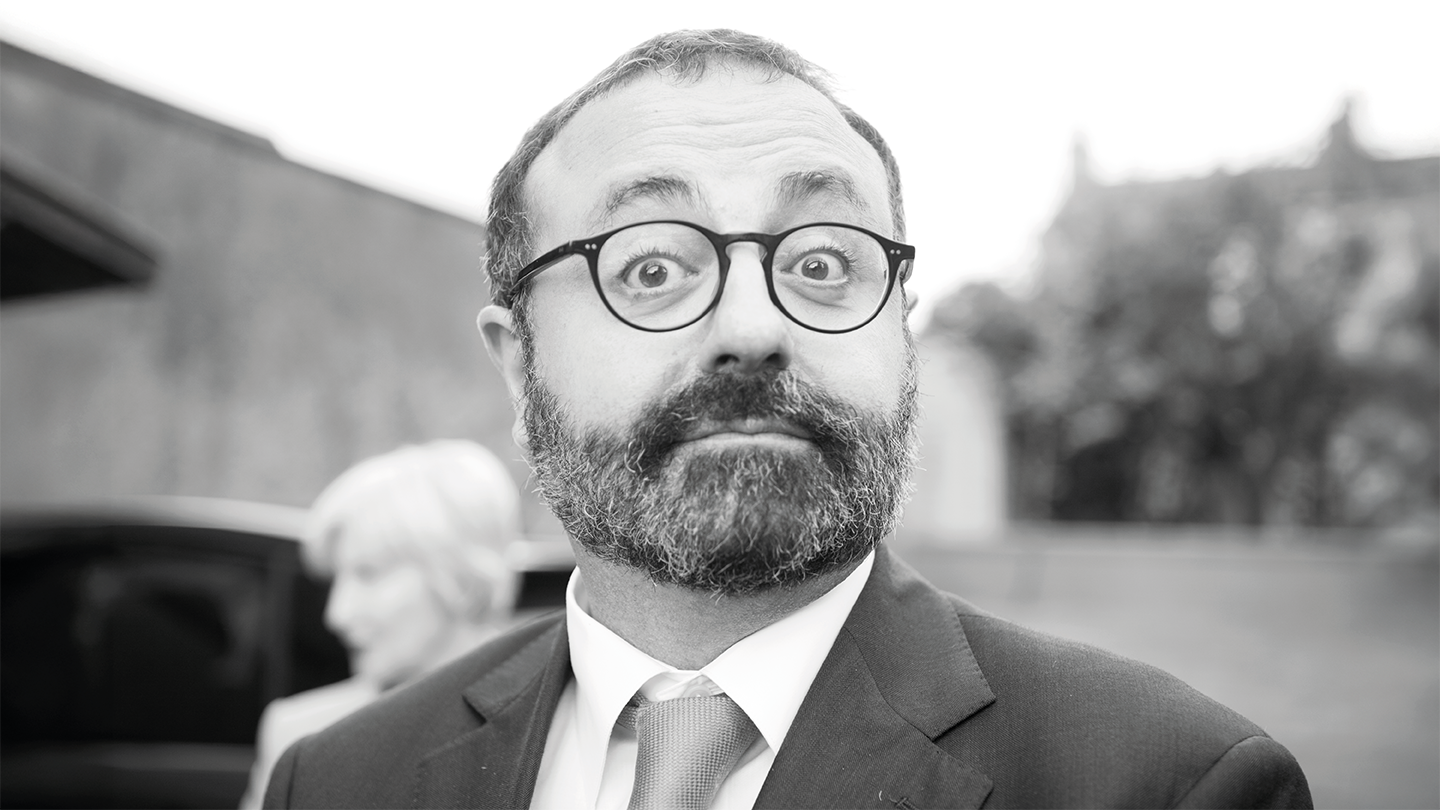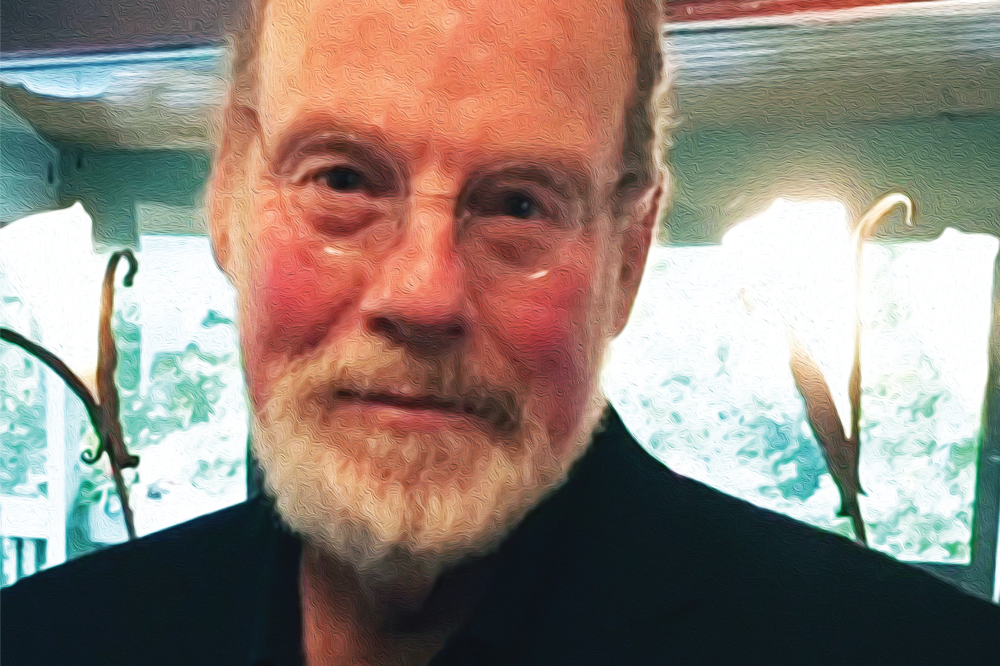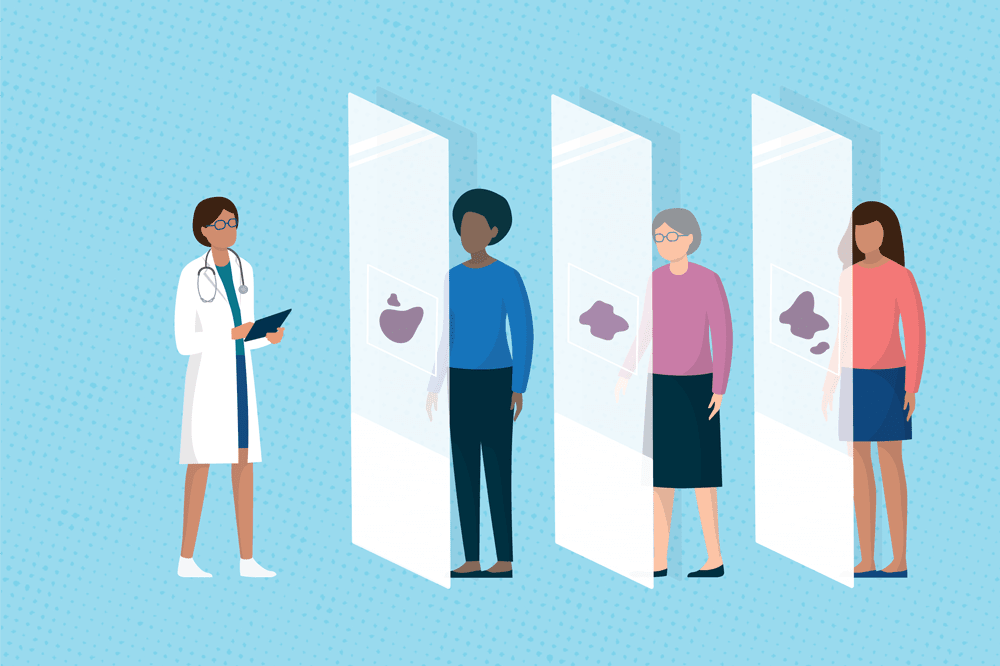
What inspired your focus on molecular pathology?
From the start of my career, I believed both phenotype and genotype were key to making a confident diagnosis. As I delved deeper into a morpho-molecular side of pathology, I knew I wanted to use that approach not only for diagnostics but also to understand disease mechanisms. That was when I realized I wanted to be a scientist, too.
You have worked in both clinical and academic settings – how has this dual perspective influenced your approach to pathology?
I can’t divorce one from the other. I see diagnostics and science as inseparable – especially today, when the lines between them are less clear. We need rigorous diagnostics to improve science and ambitious science to enhance diagnostics. That’s why I’ve focused my career on creating systems that bring the best of both together.
Could you please share some of your career highlights?
I see every stage of my career as meaningful. During my early training in Edinburgh and London, I learned both the classification of diseases and the physiopathological disease processes, which I see as the foundation of science. In Philadelphia, I trained as a molecular diagnostician. In Singapore, I developed and applied the concept of morpho-molecular pathology.
More recently, at Queen’s University Belfast and the Institute of Cancer Research in London, I’ve worked on integrating digital pathology, artificial intelligence, and multimodal analysis into routine diagnosis. Rather than a single highlight, my career has been a continuous progression.
Pathology is considered a “behind-the-scenes” specialty. What do you think is misunderstood about the role of pathologists in modern medicine?
It's interesting to consider that many of the major changes in oncology over the past decades have been driven by two fields: drug development and diagnostics. The genomic revolution is, at its core, a diagnostic revolution, yet pathologists haven’t fully claimed that role.
Personalized medicine, digital pathology, AI, machine learning, and even computational oncology all stem from advancements in diagnostics. It puzzles me why pathology as a field hasn’t taken more credit for these successes or assumed a stronger leadership role. In some ways, we as pathologists may share some responsibility for this misunderstanding. Pathologists should claim what they’ve achieved – new revolutions are essentially underpinned by strong diagnostics, which is where we’ve always been.
What drives your active involvement in international pathology societies and conferences?
First and foremost, it's about sharing knowledge – learning and teaching. But there's another important reason that is linked to your previous question: ensuring that fellow pathologists and clinicians recognize the vital role pathology has played in medical advancements over the past decades. And that’s why presenting at meetings like the European Society for Medical Oncology is just as important to me as speaking at leading pathology conferences, such as the European Society of Pathology. We must take this responsibility seriously.
What are the biggest hurdles facing the field today – and how can they be overcome?
As we alluded to above, the biggest challenge is the lack of visibility and recognition for our work. In some countries, this leads top medical talent to choose other specialties instead of pathology. We need to change this dynamic and make pathology an attractive field for the brightest minds.
What excites you most about the future of histopathology and molecular pathology?
It is an exciting time in diagnostics. We're seeing the rise of complex biomarkers, which use technologies like multiplex immunofluorescence, AI algorithms, and multimodal analysis to improve predictions of treatment response. This emerging field, often called integrated diagnostics, is set to reshape diagnostics once again – and it’s a space that the pathology community should lead.
What advice would you offer to medical students or early-career pathologists who want to follow in your footsteps?
It’s tough to narrow down, but if I could give one piece of advice, it would be this: define the kind of doctor you want to be – don’t just follow the established path. When you do that, you’ll create new career opportunities, never have a dull moment, and always feel valuable to science, society, and patients. Shape your own role and find the best way to make a difference in the world.




